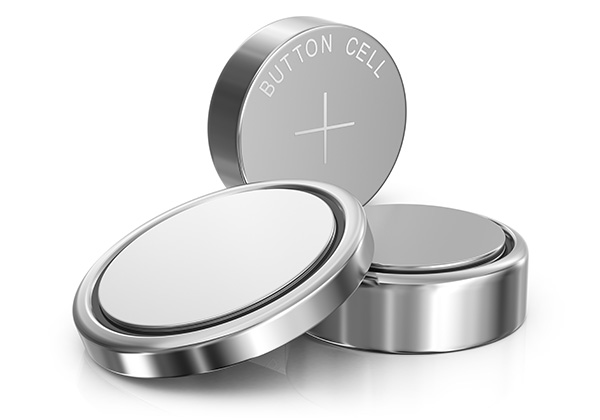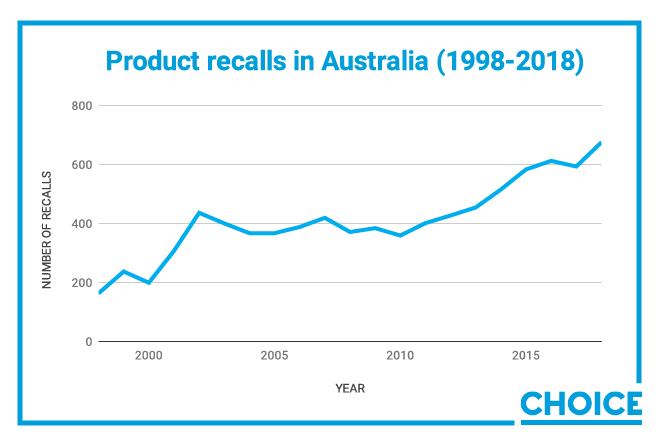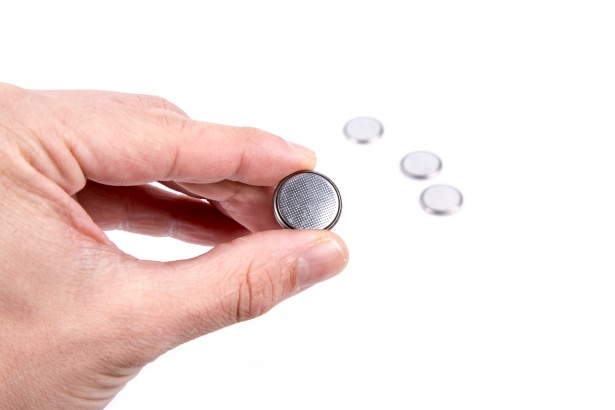Button batteries to receive new guidance
Leaders from the consumer, services and product industry came together at Standards Australia recently to agree on the development of a button battery standard.
This decision follows an increase of concerned communities as the use of button batteries continues to rise in Australia. Known for being in children’s toys, button batteries can now be found in a much wider range of consumer products and are also sold as a standalone product.
“The outcome of this forum of members of the public, industry bodies and regulators including the Australian Consumer and Competition Commission (ACCC), confirmed concerns around button batteries and the need to provide further guidance to address button batteries issues in a measured approach,” said Head of Stakeholder Engagement Daniel Chidgey.
“While there are some standards that reference these batteries, there is not yet any holistic guidelines for products with button batteries,” said Mr Chidgey.
“Button batteries can be found in a range of items including thermometers, remote controls, children’s toys and novelty items,” said Ms Barbara Geens, Chair of the Industry Working Group on Button Batteries Safety. “The goal of this proposed standard is to create a unified approach for safer use and distribution of these batteries which is an essential step in protecting consumers.”
“This is an example of Standards Australia proactively working with industry, government and the public to provide the right standards solutions to equip the consumer products, services and safety sector. We look forward to continuing to work with industry and the Australian community in developing this pivotal guidance,” concluded Mr. Chidgey.
Read more at: Standards Australia





